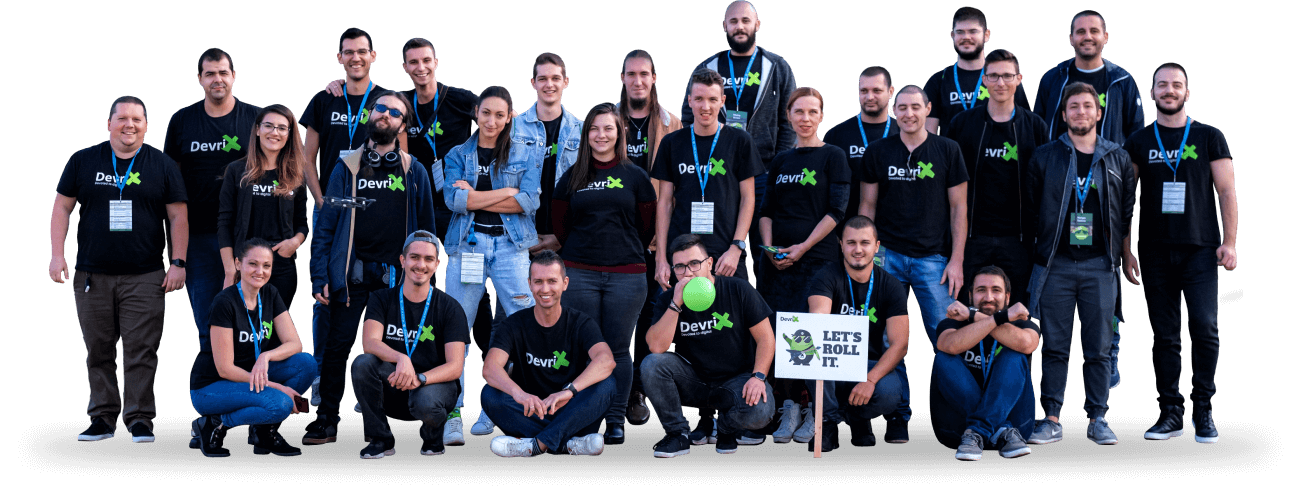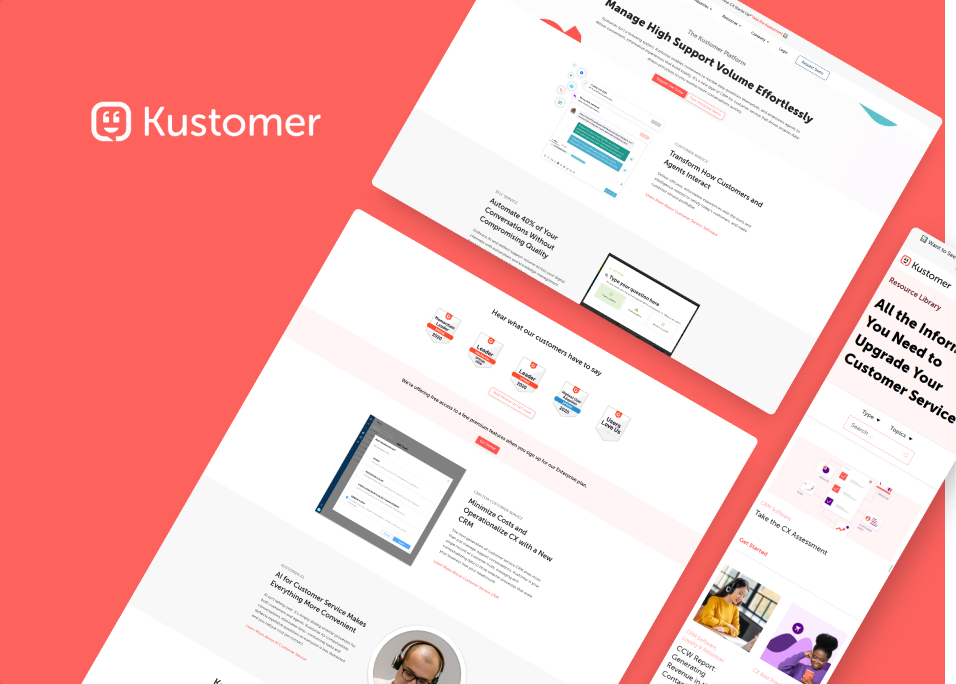Your WordPress Development Company
13 years in scaling WordPress solutions past 100M views, WordPress multisite platforms, large publishers, and more.
Our veteran team of WordPress developers have scaled some of the largest sites on the planet, Fortune 1000s, MNCs, B2B WooCommerce stores - what do you need?

Our Engineering Principles
What our WordPress squad cares about
-
100% Unique Look and Feel
-
Core Web Vitals Compliance
-
Robust Flexibility At Scale
-
Hundreds of 3rd Party Integrations
-
Data-Driven Principles
-
Following the WordPress Core Guidelines
Leveraging over 500 successful WordPress engagements, our team specializes in delivering high-performance WordPress solutions for B2B companies, ensuring scalability to handle millions of monthly page views. Our professional engineering skills in WordPress development position us as a leading partner for businesses seeking robust digital platforms
As a committed contributor to the WordPress community, our firm not only enhances the core WordPress framework but also develops advanced themes and plugins. Our contributions extend to submitting patches across the WordPress ecosystem, showcasing our leadership and deep technical expertise in WordPress development for B2B enterprises.
Our comprehensive proficiency in PHP, JavaScript, SQL, and other key development technologies enables us to offer unparalleled WordPress solutions. We excel in migrating third-party applications to WordPress and seamlessly integrating diverse platforms, providing B2B clients with tailored, high-quality digital solutions that drive business growth.
The Core Pillars of DevriX
Stability
The ongoing stability across updates and as the traffic grows
Scale and Performance
Site load times and the ability to handle high traffic
Security
Secure and safe environment with data protection in place
Case Studies
Obsev
Obsev.com is a publishing site that hosts particularly viral entertainment and cultural commentary stories.
In November of 2018, they were doing significant traffic (30MM+ page views per month) and hitting a wall with scaling challenges. With these performance issues limiting their growth it was imperative that we get them through the wall and remove the scaling barrier that was capping their growth and damaging their brand. Fast forward to today and they’ve more than quadrupled the traffic levels that were hobbling the site before.

Multisite Migration
Impressive RPS achieved
More than quadrupled Traffic
SmartMeetings
Smart Meetings is a leading media company for professionals in the meetings industry.
We got in touch regarding a website migration from a custom platform built on top of Zend Framework to WordPress, rebuilding their theme to a responsive and clean layout, breaking their content down to over a dozen post types for different types of information, transferring their custom search tools to WordPress plugins and integrating several 3rd party systems. Our team broke down the migration script into multiple sequential iterations until the entire platform had been migrated.

Database Migration
100,000+ different data entries
Various custom filters implementation
Density
Here is how WordPress retainers proved to be the optimal website redesign solutions.
Density is a B2B company which solution tracks anonymously how people use buildings and in-door spaces based on deep learning algorithms. Our task was to build a brand new corporate site used to present and sell the company's services and products and replace the one published on their domain at that time. Their current site was static and could not be updated easily but our team succeeded to launch the new site’s primary version within three weeks. Shortly after that we pushed live Webinars and Blog features, tasks like documents (PDF), more advanced work with Marketo forms, the Customers post type, and the Support page.

Corporate website development
From a static website to a WordPress CMS platform
Development work supporting the sales process
Kustomer
Kustomer is a customer service CRM platform built for managing high support volume by optimizing experiences.
Kustomer has been working with DevriX on a WordPress development retainer plan since August 2019. Our mutual work was focused on the marketing side: building better looking pages and fixing various visual imperfections throughout the site. This, together with general speed and codebase improvements, which were highly needed, were two of our top priorities.

Major speed improvements across the website
Thorough UI improvements
A gradual reworking of the previous codebase
Join our family of fast, stable, powerful WordPress websites
Stages of WordPress Development

Planning
Actions you can do before even beginning your site (or rebranding).
Budget setting. Market research. Content planning. Consultation. Creating a sitemap. Estimations.

Execution
This is the process of converting your ideas and planning into an existing product.
Proper design. Development. Server setup. Code structure. Documentation. Demo. Constant communication.

Optimization
If your site is already up and running, it’s time to find a way to improve it.
Lower response time. Compression. Caching. Reduce scripts. Image optimization. Disable plugins. Minimize database requests.

Growing
Right after optimization — steps to grow the user base and potential customers.
Extending features. New landing pages. Ideas research. UX improvement. Marketing automation. CRM integration. SEO improvements.
Frequently Asked Questions
Below you’ll find answers to the most common questions you may have about our services, working process, and more.
Humble Brag
Let's Talk
Are you looking for professional WordPress development?
Partner up with DevriX to improve your website performance for maximizing monetization.
We'll help you to establish a multinational digital presence.
- Planning
- Execution
- Optimization
- Growing

Let's Talk - Retainers page (1)
Our Retainer Plans
- ECONOMY PLAN
- MOST POPULAR
WordPress Development Contributions
Over 70,000 web development hours dedicated to making the WordPress Core better.
-
565 Custom Plugins Developed
-
50 Open Source Plugins
-
104 Custom 3rd Party APIs Integrated
-
10 Software as a Service Platforms
-
11 WordPress Core Contributors
-
13 WordPress Community Contributors
Your Long-Term WordPress Partner
Having built hundreds of scalable solutions for small to enterprise clients, our WordPress development company is fluent in WordPress.











